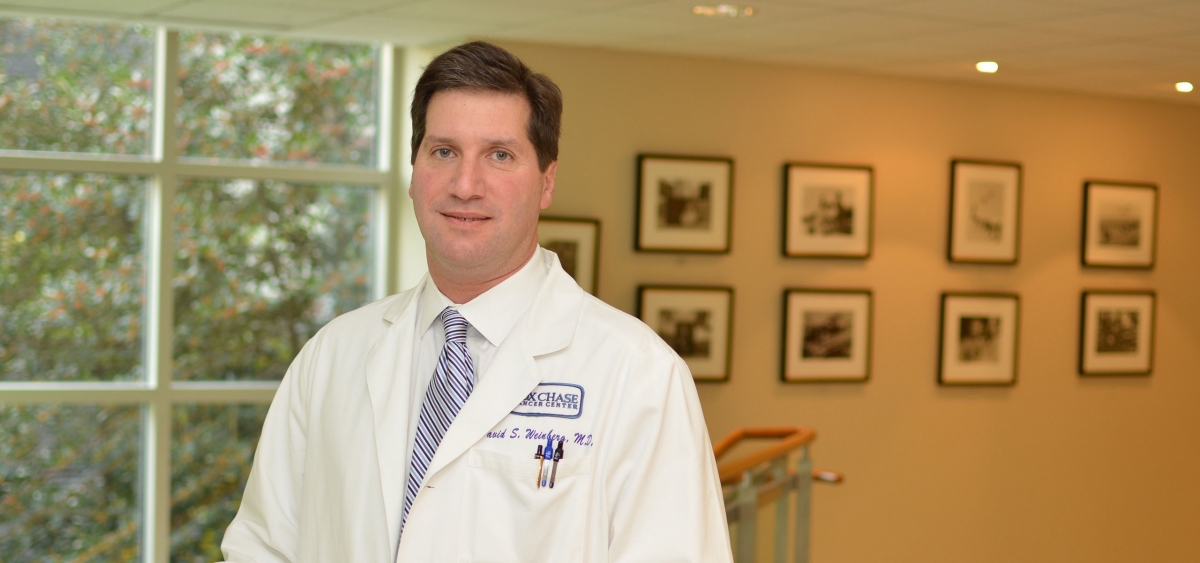
PHILADELPHIA (January 16, 2020)—An eight-year multicenter trial to study how often and how fast pancreatic cysts progress to cancer is launching today. Fox Chase Cancer Center serves as the headquarters for the project, although the trial is open to participation at hundreds of sites around the country.
The main focus of the new trial is to compare the clinical effectiveness of two surveillance strategies used to track pancreatic cysts. Researchers will also look at the costs of cyst surveillance, the impact on patients of long-term follow-up, and attempt to identify novel molecular markers and radiology findings that may predict the behavior of these cysts, said David S. Weinberg, MD, MSc, chair of the Department of Medicine at Fox Chase and principal investigator for the trial.
Pancreatic cysts occur in at least 20 percent of the older population. They are an important and identifiable precursor to pancreatic cancer, the fourth leading cause of cancer death in the United States. Cysts are typically not symptomatic when discovered, usually when someone is getting a CAT scan or an MRI for something else.
“Most cysts won’t turn into cancer. However, because of the risk, many patients may consider surgery. It’s a big operation and we want to make sure that only those patients at the greatest cancer risk get surgery,” Weinberg said.
There are two main guidelines for management of pancreatic cysts. The first is the Fukuoka guidelines, which were formulated in 2006 and revised several times since then. In 2015, the American Gastroenterological Association (AGA) published different, more streamlined guidelines.
Weinberg said the AGA guidelines recommend fewer and less frequent diagnostic tests, which means less money is spent, but it is not clear if clinical outcomes differ between the two sets of guidelines. That question was the genesis of the research, which will be a prospective trial that seeks to enroll 5,000 patients randomized to one of the two protocols. This is not the first comparative trial, but it is the first of its size and length. The trial is being funded by the National Cancer Institute.
“Nobody’s under any illusion that either surveillance strategy as currently written is good enough. They are the best we have for now, but we are looking for something better,” Weinberg said.